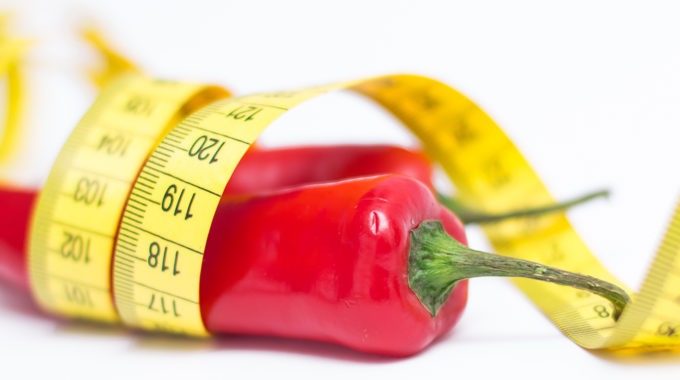Metabolism-boosting foods: fact or fib?
Stories about metabolism-boosting foods, drinks and supplements are all over the internet. But is there any validity to the claim that certain foods can “speed up” your metabolism? Eativity speaks with Susan McLeod, a nutritionist and lecturer in human nutrition at La Trobe University in Melbourne, to get the expert’s take on these burning questions.
“Basically, every time you eat, you speed up your metabolism,” McLeod explains. “Because your metabolism is taking the food that you put in and converting it to energy that your body can use. This is known as the thermic effect of food. It’s the increase in the number of calories that your body needs to digest food and absorb the nutrients you’re consuming.”
So, simply by digesting your food, you’re going to temporarily speed up your metabolism. And there are some foods that will have a greater effect on this process than others.
“For instance, it takes more energy to digest protein-rich foods than carbs or fats,” McLeod says. “Conversely, any foods that are highly processed are far easier to digest.”
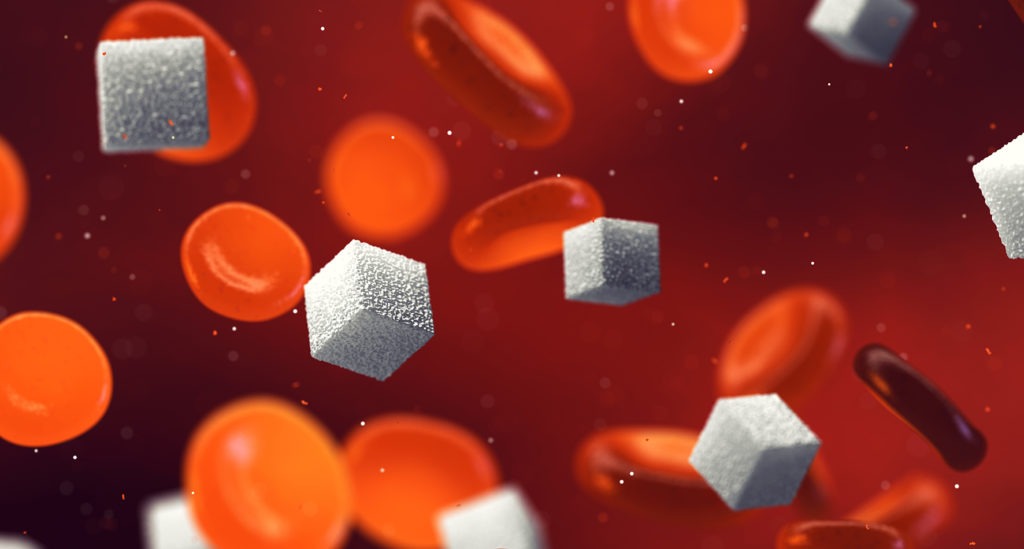
Beans for the burn
Foods like beans and legumes are high in protein, which increases your metabolic rate during digestion. But they can also offer some other metabolic benefits.
“They’re also really high in fibre and resistant starch,” McLeod says. “These are prebiotics that fuel the good bacteria in our gut. The bacteria break down these prebiotics, which produces short-chain fatty acids. Our body uses this as energy rather than storing it as fat.”
Fibre-rich foods like beans, legumes, fruit and veg will also keep you feeling fuller for longer, which helps you to eat less overall. But this high fibre content has other body benefits, too.
“The fibre actually slows down digestion,” McLeod says. “When you have foods that slow your digestion, this slows down the release of sugars into the bloodstream.
“When you eat a meal that’s high in sugar, sugar gets digested very quickly and any excess will get stored as fat straight away. But when you eat foods that slow your digestion, and slow the release of sugar into your blood, it means this energy is being consumed rather than stored as fat. So there are multiple positive effects from eating fibre-rich foods – you’ve got the prebiotic effect, the slowing of digestion, they fill you up and they slow down the release of sugar into your bloodstream. That’s why eating whole foods is so good.”
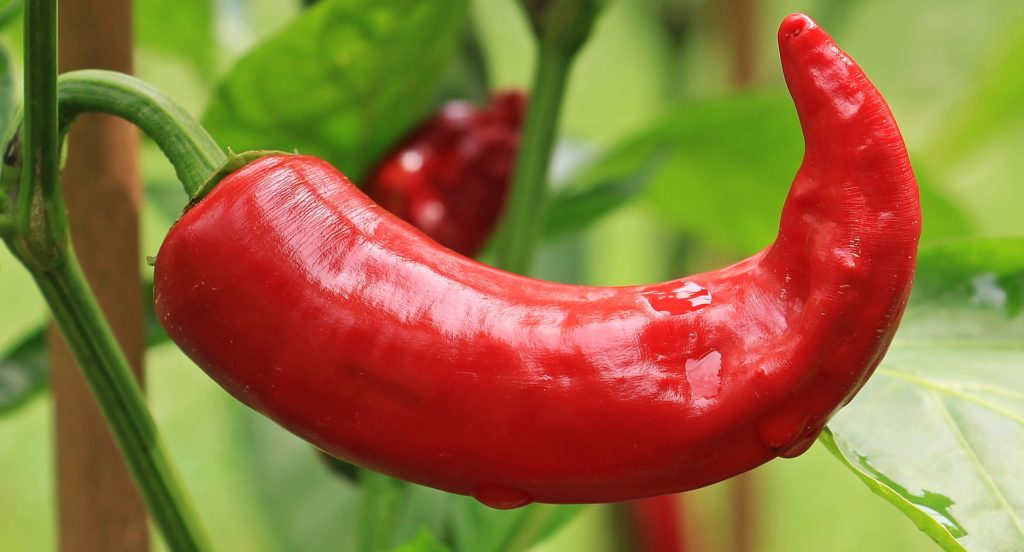
What about chilli?
Chilli is one of the most commonly touted metabolism-boosting foods. And McLeod says there is some truth to this claim. But if you’re a regular chilli eater, you may be out of luck.
“Chilli contains something called capsaicin,” McLeod says. “This is the chemical compound that makes chilli spicy, and it does trigger the metabolic rate to increase. Most studies will conclude that, yes, it does have an effect on metabolism. But some studies have also found that it only works on people who don’t normally eat things like chilli.
“There are other spices like ginger, which doesn’t contain capsaicin, but it has that same effect. It’s that heat effect in the body that triggers the boost in metabolic rate.”

The perks of coffee and tea
Both coffee and tea contain caffeine, which has been found to temporarily boost the metabolism. Tea also contains compounds called catechins. While both caffeine and catechins can increase your metabolism, they can also do something equally helpful.
“They boost fat oxidation,” McLeod says. “When we metabolise foods, we’re obviously metabolising protein, carbohydrates or fats. Caffeine and catechins break down fatty acids and convert it into energy. So that’s having a positive effect.
“Most of the studies that I’ve read suggest that around three cups of coffee a day can help to burn more energy; it’s recommended not to exceed three cups a day anyway.”
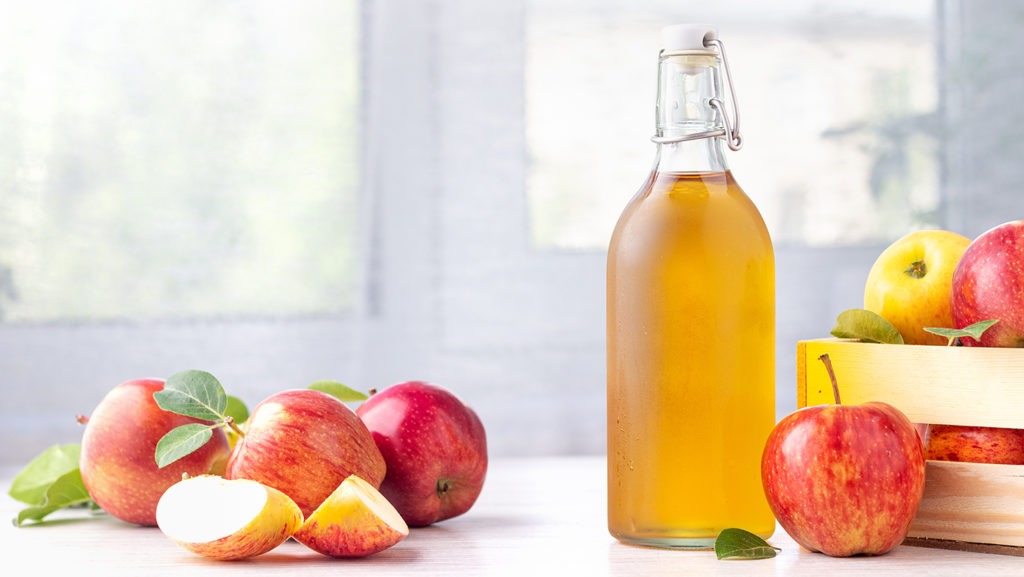
Cider effects
Apple cider vinegar has become a health food favourite, with claims that it can do everything from clearing up your skin and helping you poo to preventing cancer and bringing about world peace. (Okay, maybe not that last one.) Proponents also say it can help to boost the metabolism. However, McLeod says the studies on this have been mixed.
“Apple cider vinegar does have an impact on the gut microbiome,” she says. “So it’s fuelling the bacteria that naturally exists in the gut. Another one of the suggested mechanisms, but it’s not definitive yet, is that you can slow the emptying of the gut. So again, it’s having that slowing digestion factor, which means it’s keeping you full for longer.”
If you do want to give apple cider vinegar a try, skip the capsules and go straight to the real stuff. Look for cloudy, unfiltered apple cider vinegar, as this contains the “mother” – the good bacteria that gives this vinegar its potential health benefits.
“Using it in a salad dressing is probably one of the best ways to consumer apple cider vinegar,” McLeod says. “There have been suggestions that you take a tablespoon in a glass of water each day. But something to be mindful of is that apple cider vinegar is highly acidic, which means if you’re having it daily, it could be damaging your tooth enamel.”

Water works
Even something as simple as drinking good old-fashioned water can help to give your metabolism a boost, and this is especially true if you drink cold water.
“When you drink cold water, your body has to heat that water up to body temperature,” McLeod explains. “And so, by just consuming cold water, you’re using energy to heat that water up. But it only has a limited effect, lasting maybe about 60 minutes.
“If you have a glass of cold water an hour before a meal, not only have you boosted your metabolism for that period of time, you’re also giving your body a false sense of being slightly more full or satisfied. So then, when you eat, you tend to consume less.”
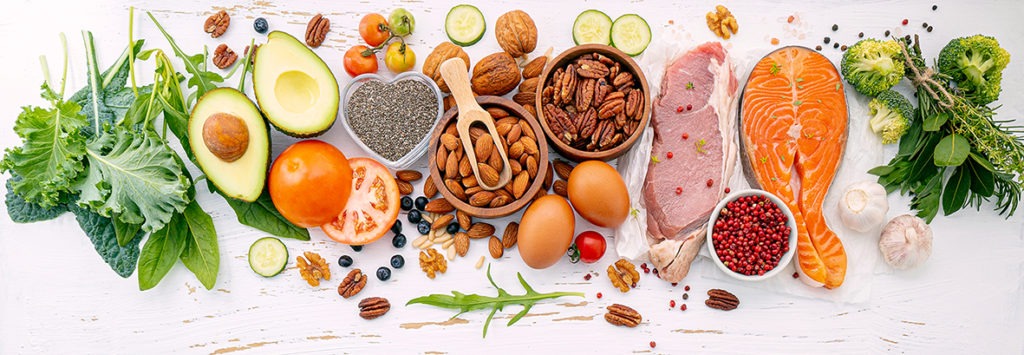
Metabolism-boosting foods: the whole truth
While it’s true that the foods and drinks mentioned here can provide a temporary boost to your metabolism, using them as a sole weight-loss strategy is not going to work.
“Yes, they have some effect. But it’s not the type of thing you’d use as a strategy to lose weight,” McLeod says. “If you were to couple a few of these strategies together, they may have some impact. But I wouldn’t suggest it as a lone strategy.”
It’s not particularly Insta-worthy, but the best way to control your weight is simply to eat a healthy, balanced diet with plenty of whole foods and lots of water. And if you want to reap the most benefits from the thermic effect of food, steer clear of processed foods.
“The way processed foods are made, the digestion part has mostly been done for us,” McLeod says. “So when you eat a processed food, you’ll absorb every single calorie that it contains. Because it’s already been partially digested for you.
“When you eat a whole food, you don’t break it all down right away. Some of it helps slow digestion. Some is used to help you have healthy stools. And some is used to fuel your gut microbiome. There are all these other things going on, which means you’re not fully consuming all the calories in that food. Plus, whole foods are much higher in nutrients.”
For more ideas on weight control, check out this advice and this article on the best diet for health and weight loss. If you’re thinking of trying one of the diets trending on socials, read this exposé first. And if you always gain weight back after you lose it, this research and these common dietary mistakes could explain why.


